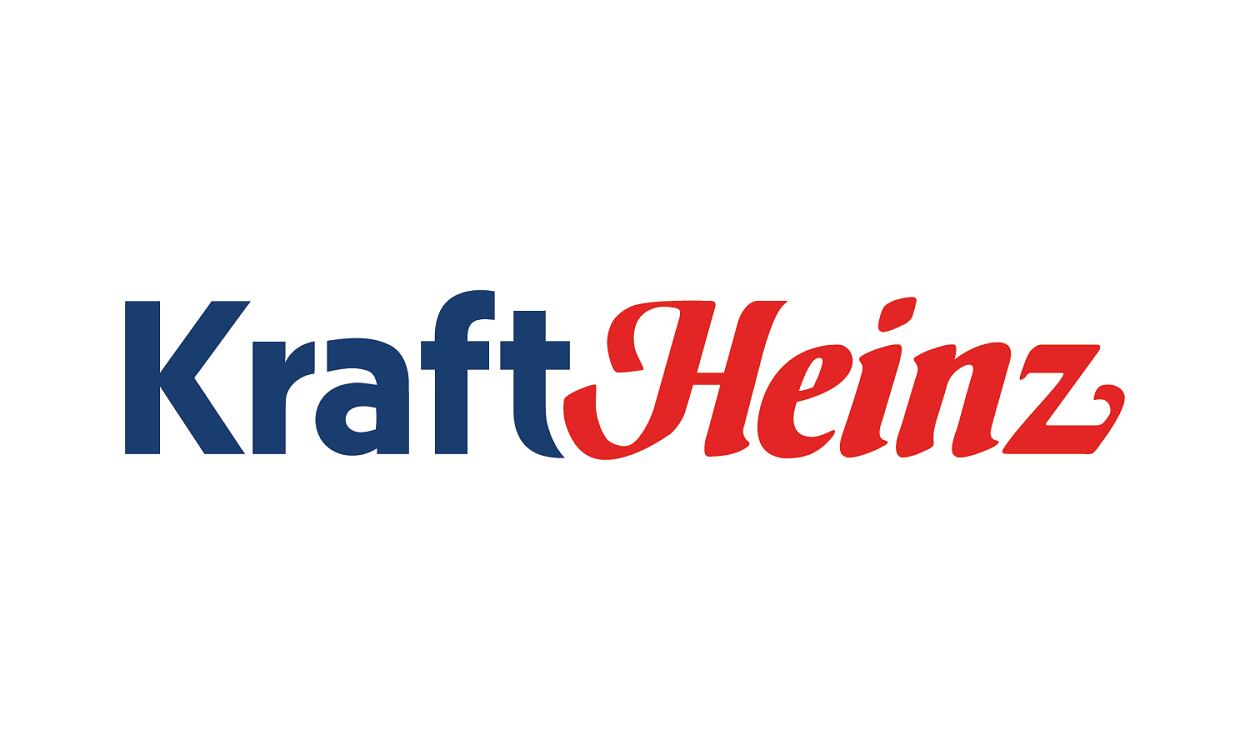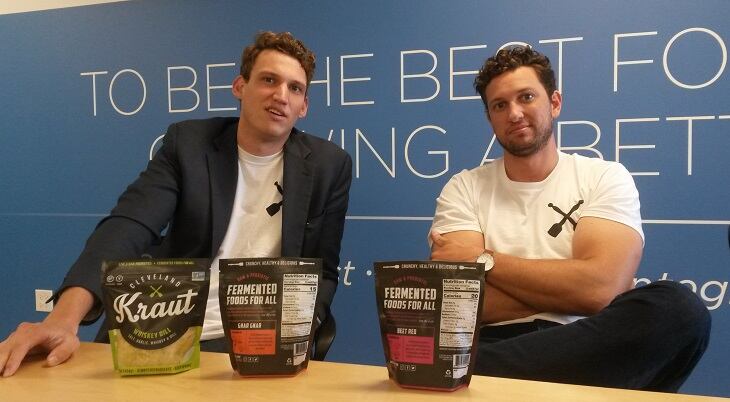Kraft Heinz, which is known for legacy brands such as Philadelphia, Heinz, and Oscar Mayer, said it intends to leverage the VC fund as a way to accelerate the company’s exposure to emerging technologies and businesses.
“New technological innovations in the food industry create endless new opportunities to strengthen business models,” Kraft Heinz CEO Bernardo Hees said.
“Through Evolv Ventures, we will work with tomorrow’s most innovative founders and companies in the space, and use the full resources of Kraft Heinz to help them succeed.”
When asked if the recent participants in the Kraft Heinz Springboard incubator program could be future investment targets for Evolv Ventures, a Kraft Heinz spokesperson told FoodNavigator-USA: “We will both be working with startups in the food industry, but focused on very different companies in the ecosystem. There should not be too much cross over due to the different type of companies we are working with.”
The spokesperson added that future investments made by Evolv Ventures will target four areas: food tech around food production, operations tech (i.e. supply chain, logistics, etc), consumer data and marketing, and finally new models such as direct-to-consumer and e-commerce.
The food giant brought on venture investor, Bill Pescatello, to lead the fund. Most recently, Pescatello served as a partner at Lightbank, the Chicago venture capital fund founded by entrepreneurs Eric Lefkofsky and Brad Keywell, and was also a founding member of the Peacock Equity Fund, a $250m global capital fund of GE Capital and NBCUniversal.
“At Evolv Ventures, we will move beyond brands to have a committed first look at our industry’s most promising and disruptive tech-enabled companies,” Pescatello said.
Evolv Ventures will be based in Chicago working out of Kraft Heinz’s headquarters “to build roots internally and maximize the strategic benefit for both Kraft Heinz and our portfolio,” according to the spokesperson.
Advantages of the VC model
VC funds are becoming more common in the food industry with several CPG players setting them up. In 2016, Kellogg launched its $100m VC fund, 1894 Capital, and in the same year, Tyson Foods started Tyson Ventures with $150m.
According to Marla Kurz, principal at strategy execution and change management firm, Kotter, the VC approach is more flexible than traditional acquisition strategies many food companies are used to pursuing.
“The approach of the venture capital is an interesting one because what it does, it really allows big CPG, to enter into more of an apprenticeship model with these businesses [because they are doing 50% ownership or less].”
The timeline for turning around results is also longer going with the VC route as opposed to pursuing an M&A type deal, Kurz previously told FoodNavigator-USA.
“[With a VC approach], they usually have about five to seven years to do it. With an M&A or private equity approach you need to start realizing results very quickly.
What an immediate M&A doesn’t always solve for is a very future oriented view around staying on trend and expanding their [big food companies’] swim lanes. The VC approach can always flip into an M&A and they can have many [food startups] vs. just one – It allows them to diversify.”



